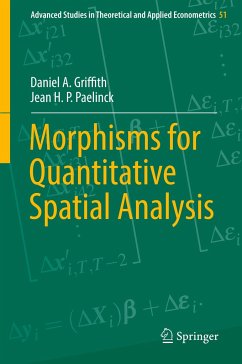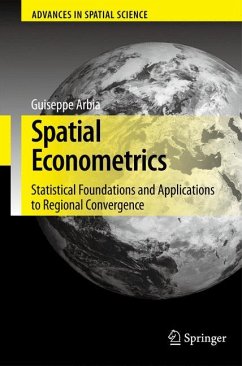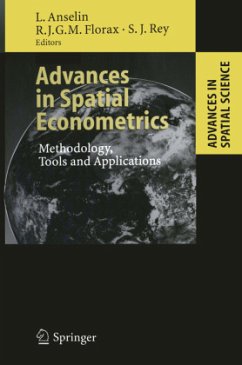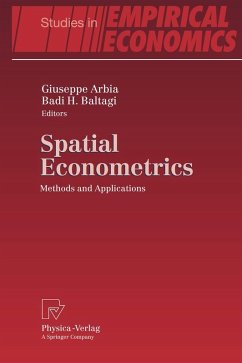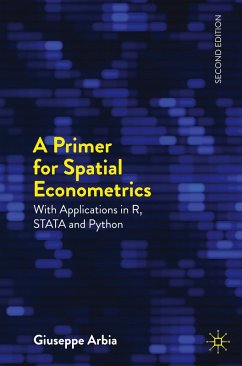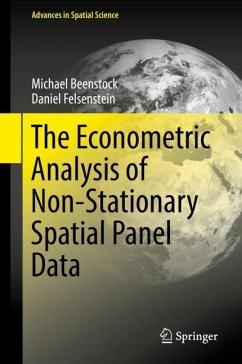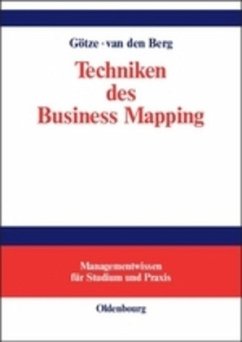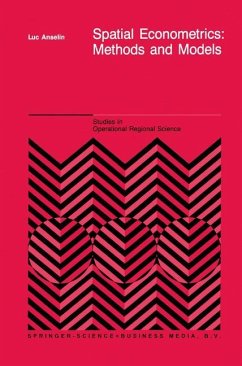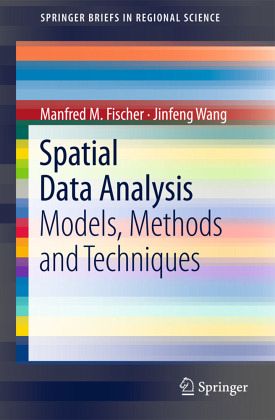
Spatial Data Analysis
Models, Methods and Techniques

PAYBACK Punkte
27 °P sammeln!
The availability of spatial databases and widespread use of geographic information systems has stimulated increasing interest in the analysis and modelling of spatial data. Spatial data analysis focuses on detecting patterns, and on exploring and modelling relationships between them in order to understand the processes responsible for their emergence. In this way, the role of space is emphasised , and our understanding of the working and representation of space, spatial patterns, and processes is enhanced. In applied research, the recognition of the spatial dimension often yields different and...
The availability of spatial databases and widespread use of geographic information systems has stimulated increasing interest in the analysis and modelling of spatial data. Spatial data analysis focuses on detecting patterns, and on exploring and modelling relationships between them in order to understand the processes responsible for their emergence. In this way, the role of space is emphasised , and our understanding of the working and representation of space, spatial patterns, and processes is enhanced. In applied research, the recognition of the spatial dimension often yields different and more meaningful results and helps to avoid erroneous conclusions. This book aims to provide an introduction into spatial data analysis to graduates interested in applied statistical research. The text has been structured from a data-driven rather than a theory-based perspective, and focuses on those models, methods and techniques which are both accessible and of practical use for graduate students. Exploratory techniques as well as more formal model-based approaches are presented, and both area data and origin-destination flow data are considered.






